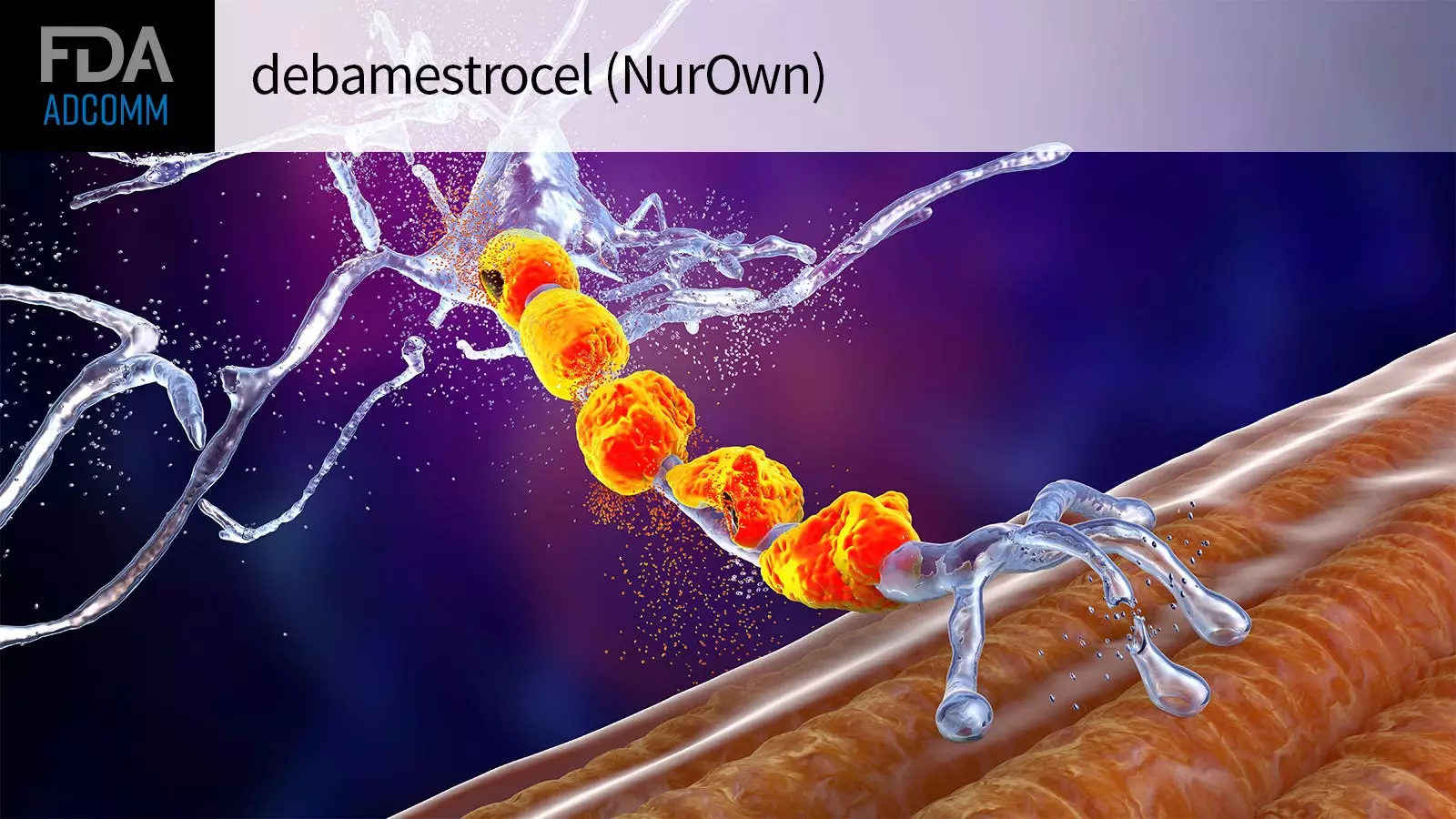The investigational amyotrophic lateral sclerosis (ALS) treatment debamestrocel, also known as MSC-NTF or NurOwn, developed by BrainStorm Cell Therapeutics, is facing serious concerns from FDA reviewers ahead of an advisory committee meeting. The FDA has raised significant issues regarding the effectiveness and manufacturing quality of the drug, stating that the initial submission was scientifically incomplete and had grossly deficient manufacturing information.
According to the FDA briefing documents prepared for the meeting, the drug’s application lacked essential validation of methods and had insufficient data demonstrating manufacturing consistency. As a result, the FDA refused to file the submission and outlined these deficiencies in a letter to BrainStorm. In response, the company provided retrospective analyses and biomarker results as additional evidence.
On Wednesday, the FDA’s Cellular, Tissue, and Gene Therapy Advisory Committee will convene to evaluate whether BrainStorm’s data meet the agency’s standard of substantial evidence for effectiveness and approve the drug. Debamestrocel is an autologous cell-based therapy designed to secrete neurotrophic factors (NTFs) crucial for nerve survival and function. Although the FDA claims that the drug’s mechanism is unclear, BrainStorm hypothesizes that by secreting NTFs, their therapy could slow the progression of ALS in patients.
The MSC-NTF clinical development program consisted of four studies. These included two single-arm, open-label, early-phase studies, a phase II trial where ALS patients received a one-time intrathecal injection, followed by 24 intramuscular injections, and a phase III randomized, double-blind, placebo-controlled study where patients received three intrathecal injections, one every 8 weeks.
Unfortunately, the pivotal phase III trial, which evaluated MSC-NTF using its intended route and dose interval, failed to meet its primary endpoint. The clinical response criteria at 28 weeks were met by 33% of patients in the MSC-NTF group and 28% in the placebo group, with no significant difference between the two. Notably, the survival rate was worse for patients who received MSC-NTF, with ten deaths compared to three deaths in the placebo group.
While some biomarker data suggested potential benefit, there were significant missing data points for all biomarkers at the last time point for collection and analysis. It is worth mentioning that an analysis of a prespecified subgroup indicated that MSC-NTF participants with less severe disease may have retained more function compared to the placebo group, but this finding did not reach statistical significance. BrainStorm maintains in its briefing documents that NurOwn has a consistent and clinically meaningful treatment effect across a broad range of ALS patients, supported by significant results across multiple biomarkers.
The ALS Association, which generally supports new ALS treatments, expressed skepticism about the data presented by BrainStorm. The association stated that the amazing testimonials they had seen online did not align with the data shared by BrainStorm or published in peer-reviewed publications. They emphasized the need for independent review before taking a position for or against the approval of NurOwn.
BrainStorm will present its case before the panel of FDA advisors at the advisory committee meeting. The advisors will review the clinical, statistical, and biomarker data throughout the day. If the committee determines that the data do not provide substantial evidence of effectiveness, they will discuss potential trial designs to address the concerns. However, the discussions will only focus on the data and not the product’s manufacturing and control processes, as those issues are yet to be resolved. The FDA will finalize its determination only after considering input from the advisory committee process and completing all necessary reviews.
The FDA reviewers have raised serious concerns about the investigational ALS treatment debamestrocel from BrainStorm Cell Therapeutics. The drug’s submission was deemed incomplete and deficient in manufacturing information. Although BrainStorm provided additional evidence, the FDA remains skeptical about the drug’s effectiveness. The advisory committee meeting will play a vital role in deciding the fate of debamestrocel, considering the available clinical, statistical, and biomarker data.


Leave a Reply